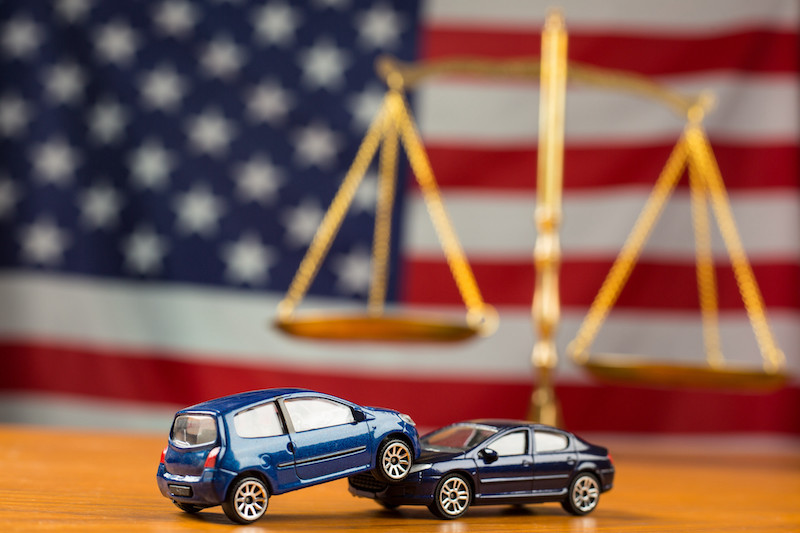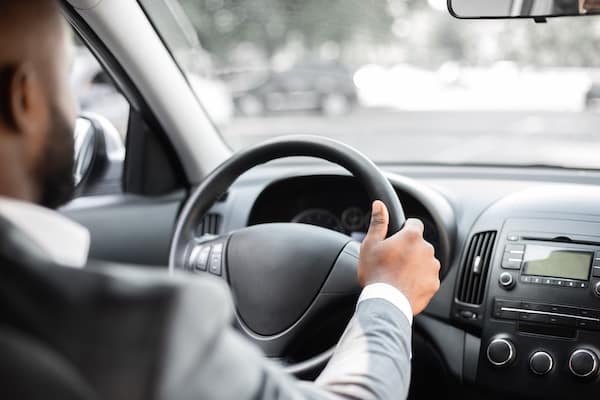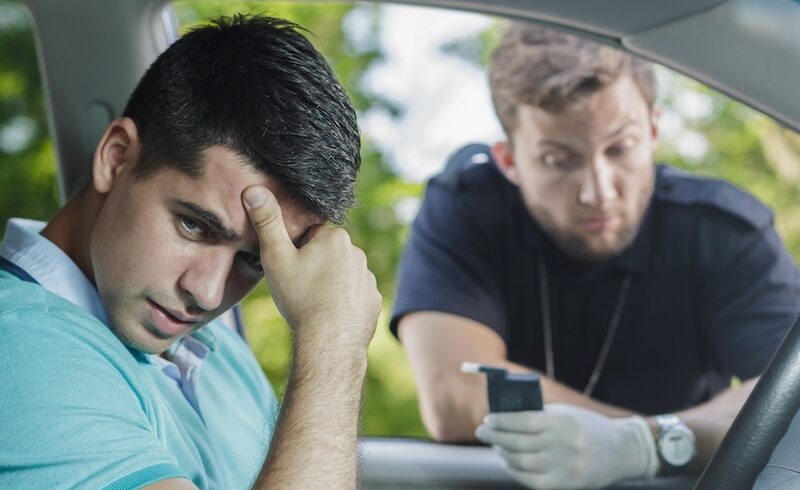
Drunk driving is not only illegal, it’s life-threatening. Every day, 29 people die in accidents that involve a driver under the influence of alcohol.
The legal drinking limit in Illinois is .08. The average-size man only needs four drinks, and the average-size woman needs only three drinks to reach the legal limit.
If you’re taking the family out to dinner, you may not think having a few drinks is an issue, but what if you get pulled over? You risk getting a DUI, and the consequences increase when there are kids in the car.
What’s the Big Deal?
Sure, all parents know that drinking and driving with a child in the car is bad, but can three drinks really hurt?
Only one drink can impact your driving skills. As you consume more drinks, your eye muscle function alters, your reflexes slow down, and your visual perception degrades, putting you and your children in danger.
Keep in mind, the state of Illinois considers a “child” passenger to be any minor under the age of 16. Even though you may not consider a teenager to be a child, the law thinks differently.
Getting a DUI with Children in the Car: The Different Charges and Penalties
Various situations can happen when you drive drunk while children are in the car with you. Here’s what you need to know.
First Offense
First offenders must pay a $1,000 fine at the least. The most severe consequence is a six-month jail sentence and 25 days of community service.
Your license will be revoked for a year. If you go to jail, you can’t opt for a state of supervision (the court supervises the defendant and the charges can be dismissed if the defendant complies).
First Offense with Bodily Harm
Let’s say you drive while impaired, your child is in the car with you, and you get into an accident. If the child suffers from bodily harm, your charges increase to a Class 4 felony.
The sentence is between one and three years in prison, but probation is possible. The sentence includes a fine, a minimum of $2,500 and a maximum of $25,000.
Keep in mind, “bodily harm” can mean almost any injury, there doesn’t have to be severe or permanent damage.
You’ll also have to undergo 25 days of community service in a program benefiting children.
Second Offense
A second offense DUI with a child in the car automatically increases your charge to a Class 2 felony. This results in a sentence between three and seven years in prison with probation.
You’ll also have to serve 25 hours of community service in a program benefiting children.
If there’s an accident that results in bodily harm, you must pay a fine between $5,000 and $25,000.
Third and Fourth Offense
Both the third and fourth offense results in a Class 2 felony and vehicle registration suspension. A third offense results in license revocation for ten years and the fourth offense revokes your license for life.
Driving with children results in a $25,000 fine and 25 hours of community service in a program benefiting children.
Fifth Offense
A fifth offense increases to a Class 1 felony. You’ll lose your vehicle registration and all driving privileges will be revoked for life. For a child in the car, you’ll have to pay a $25,000 fine and serve 25 hours of community service.
Sixth Offense and Additional Convictions
The sixth offense and later will result in a Class X felony (6-30 years in prison), with all driving privileges removed for life. You’ll also lose your vehicle registration. There will be a $25,000 fine and you’ll have to serve 25 hours of community service.
BAC of .16 or Higher
If your BAC level is .16 or more, there will be more severe consequences.
First-time offenders will have to pay a minimum fine of $500 and serve 100 hours of community service.
For second offenders, you’ll be in prison for two days plus must pay a $1,250 fine. For third offenses, you’ll be sentenced to 90 days in prison and have a minimum fine of $2,500.
All subsequent convictions will require an additional fine of $5,000 plus other criminal charges.
Child Endangerment
It’s common for someone who is charged with driving under the influence with a child in the car to not only receive a DUI, but child endangerment charges as well. Child endangerment is placing a child under the age of 18 in a circumstance that endangers their life or health.
If the officer doesn’t include this charge, then the State’s Attorney will.
There’s a chance the driver won’t receive an enhanced DUI but will still receive a child endangerment charge.
That’s because of the age difference. In order to receive an enhanced DUI, the child must be under the age of 16, whereas child endangerment includes any child under the age of 18.
The first child endangerment charge results in a Class A misdemeanor, but the second charge is considered a Class 3 felony.
Death of the Child
What if the worst happens, you drive drunk with your child in the car and you get into a fatal car accident, killing your child?
Impaired drivers who kill another passenger or motorist usually receive a Class 2 felony charge.
Jail time can be between three and 28 years, depending on how many people were killed. Other penalties include $25,000 in fines, 100 hours of community service, and loss of driving privileges for at least two years.
You Can Get Your License Back After Getting a DUI
Getting a DUI in Illinois can result in serious consequences, but the stakes only increase when children are in the car with you. Most of these charges result in license revocation for at least a year.
Got a DUI in Illinois and lost your license? With the right assistance, you can get your driver’s license reinstated with a competent attorney like those found at the Law Offices of JMQ.
See how we can help you today.


